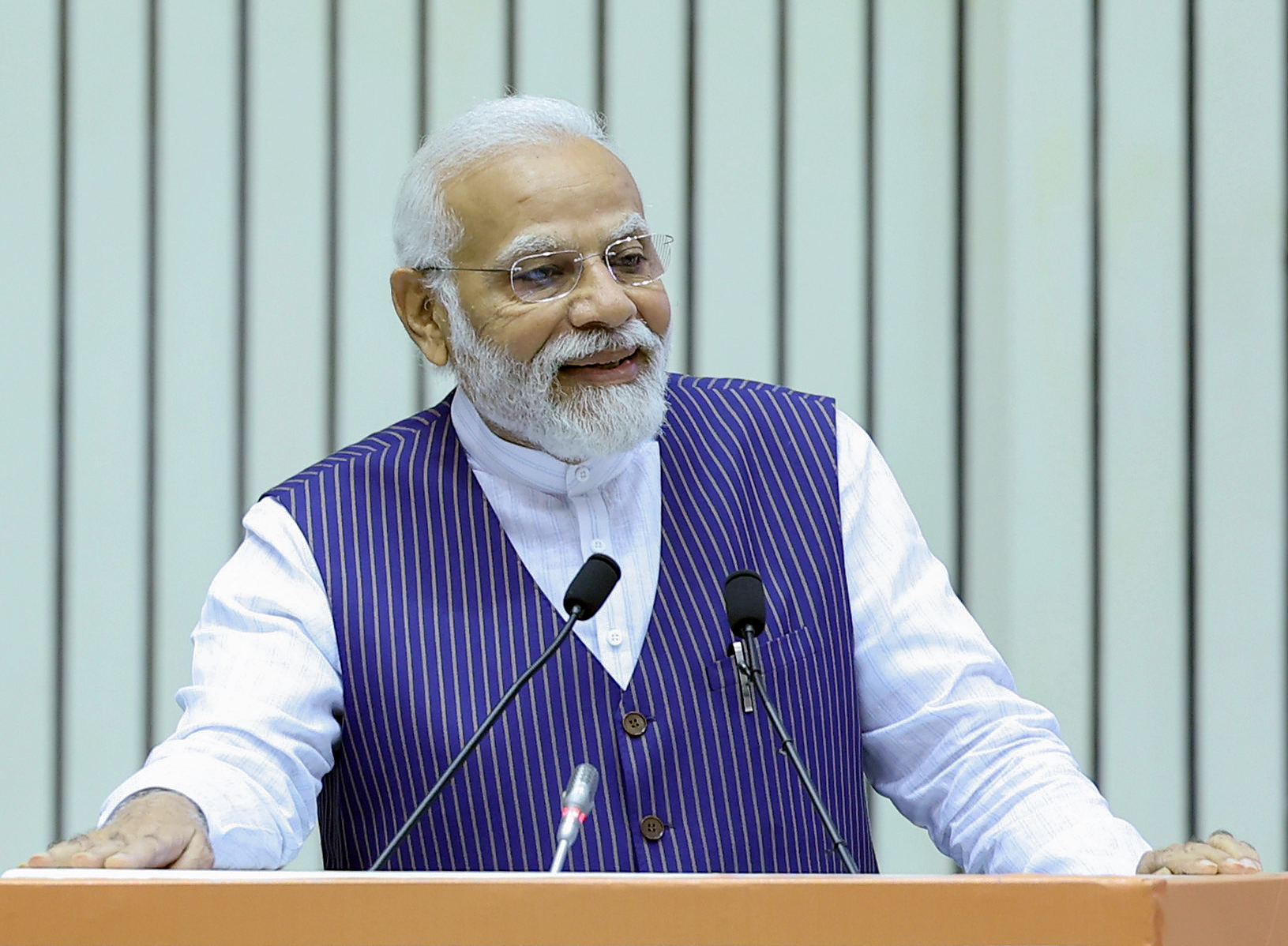On Friday, Prime Minister Narendra Modi embarked on the first part of his three-nation trip, which will also take him to Papua New Guinea and Australia, to attend the G7 Summit in Hiroshima. India has been invited as a guest country for the G7 summit. The broad terms of the G7 summit preferences regarding their outreach with the invited guest countries are nuclear disarmament, economic resilience and economic security, regional issues, climate and energy and food and health and development. During his visit, PM Modi is likely to have a series of bilateral meetings including with Japan Prime Minister Fumio Kishida.
The Prime Minister is also scheduled to unveil a bust of Mahatma Gandhi in Hiroshima.
Foreign Secretary Vinay Mohan Kwatra said on Friday that there is a plan for Quad leaders meeting in Hiroshima. The Quad meeting, which was scheduled to be held in Australia, was cancelled after US President Joe Biden deferred his visit due to the crucial debt-ceiling talks in Washington. PM Modi stated in his statement before leaving that India’s current G20 Presidency makes his attendance at the G7 Summit particularly significant. The G7 Summit will take place in Hiroshima, Japan, from May 19 to 21.
“At the Prime Minister of Japan’s request, Mr. Fumio Kishida, I will travel to Hiroshima, Japan, to attend the G7 Summit while Japan is the G7 Presidency. After his recent trip to India for the India-Japan Summit, it will be a pleasure to see Prime Minister Kishida once more. Given that India is hosting the G20 Presidency this year, my participation in the G7 Summit is extremely significant, the statement read.In a series of tweets, PM Modi expressed his excitement for having fruitful discussions while visiting three nations.
I’m heading to Japan to attend the G7 Summit in Hiroshima. Looking forward to a constructive exchange of ideas on a range of international issues.Following the visit to Japan, will be in Papua New Guinea for the FIPIC Summit, a crucial event for advancing multilateral cooperation. Discussions on issues like healthcare, climate change, and sustainable development will be fruitful, he said.

















